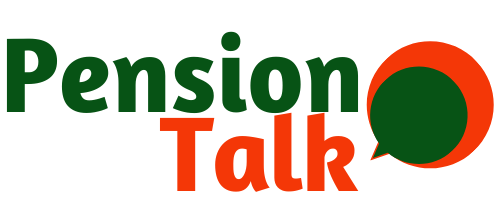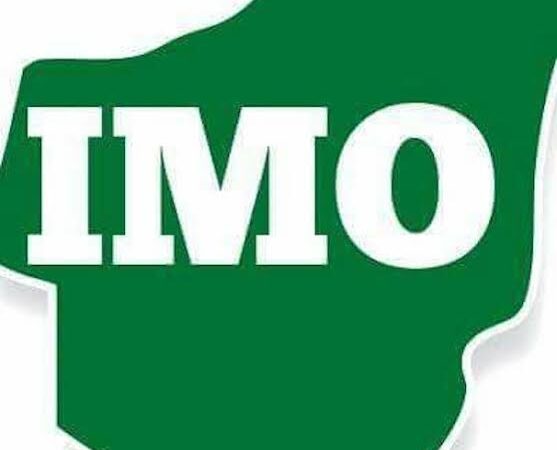
Stakeholders in Nigeria’s pension industry are concerned about the slow pace of enrollment in the country’s Micro Pension Plan (MPP) within the informal sector. To address this issue, they are exploring successful models from countries like Rwanda and Kenya, which offer incentives like co-contributions, free healthcare, and insurance to micro-pension scheme participants.
The lack of similar incentives in Nigeria’s micro-pension scheme is seen as a key factor hampering its attractiveness to potential enrollees. As a result, the industry, including the regulator (the National Pension Commission or PenCom) and Pension Fund Administrators (PFAs), has suspended its planned awareness campaign to review the plan and make it more appealing.
As of the end of March 2023, the MPP had enrolled 93,225 participants from the informal sector, according to PenCom data.
Rwanda introduced a micro pension product called EjoHeza in October 2018, targeting the informal sector. In less than two weeks, over 30,000 citizens enrolled with over Rwf 20 million in long-term savings. EjoHeza offers incentives such as matching co-contributions and free term insurance cover for the first three years to encourage voluntary participation.
Abdulqadir Dahiru, Head of Corporate Communications at PenCom, acknowledged the slow pace of MPP enrollment and the need for a product review. He mentioned that co-contribution, as practiced in Rwanda and Kenya, is a significant factor in attracting informal sector workers but expressed concerns about the financial burden it might place on the Nigerian government.
Dauda Ahmed, Head of Micro Pensions at PenCom, stated that efforts are underway to institutionalize incentives to attract more informal sector workers to embrace micro-pensions. PenCom is working toward adopting minimum health insurance coverage for eligible MPP participants and engaging with labor unions, trade associations, and various groups to promote the plan.
Some of the challenges facing the implementation of the MPP include lack of awareness, mistrust in the pension system, absence of appropriate incentives, and financial illiteracy.
As of the end of the 2022 financial year, ARM Pension Managers Limited, Stanbic IBTC Pensions Managers Limited, Pension Alliance Limited, and Tangerine APT Pensions Limited were among the leading pension fund administrators (PFAs) in MPP enrollment.
The MPP was launched in March 2019 with the goal of increasing Retirement Savings Account (RSA) enrollment under the Contributory Pension Scheme (CPS). However, while it was initially projected to grow the RSA from 8.5 million to 20 million within five years, there has been only marginal growth, with the MPP having just 93,225 RSA holders as of March 2023.
The MPP was established to encourage the informal sector workforce to save for their old age, as this group constitutes a significant portion of Nigeria’s working population.



